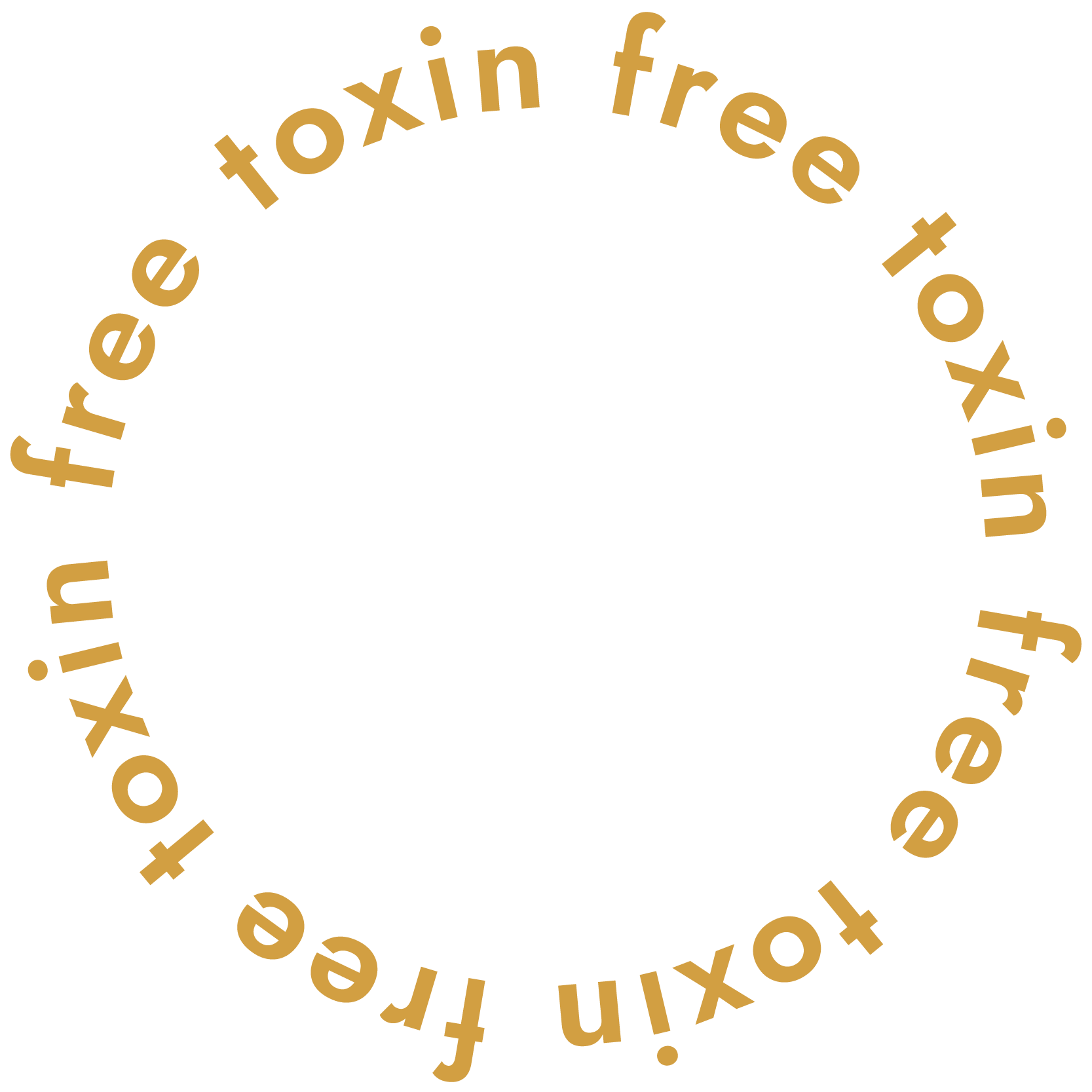Apple Podcasts | Spotify
If you or someone you love is navigating chronic health issues, unfortunately, that probably means this episode for all of you. Chronic health issues like autoimmune disorders, infertility, and more are normalized in this country, but that doesn’t mean they’re normal.
Today, I’m joined by Kelly Ryerson, the Glyphosate Girl, to learn all about glyphosate. From simple questions like “What IS glyphosate?” to more complicated ones like “What is the solution when big corporate companies are trying to shield themselves from being held liable for our health issues that connect to these toxins?” – we’re covering it all.
And let me tell you, Kelly was the perfect person to have this conversation with. After experiencing health issues that Western doctors were chalking up to nothing, she cut out gluten as a last-ditch effort. And guess what? Things quickly shifted in her favor. She was feeling better but now, she was wondering why.
The special thing about Kelly is she made it her mission to find out what’s really going on with gluten. She attended conferences filled with doctors and bravely asked questions no one else was. When an important figure in the history of glyphosate’s rise was brought to trial, she sat on the whole thing and blogged her experience.
If you head over to gyphosatefacts.com, you can see all of the facts that we discuss in this episode laid out for you.
In this episode, we’re chatting about:
- How Kelly came to be known as the Glyphosate Girl
- What is glyphosate anyway?
- What are the negative health impacts of glyphosate?
- How glyphosate is destroying the environment
- What can we do about this problem? (Hint, hint: it all comes back to regenerative agriculture)
What is Glyphosate?
In the 1950s, some scientists were trying to figure out what kind of pharmaceutical uses glyphosate might have. They weren’t able to find any uses of significance, but they did notice that it had an incredible ability to bind to minerals. The scientists thought it would be a great metal pipe cleaner or a metal boiler cleaner because it could collect this residue and clean it very easily. Glyphosate was used like that for years.
In the 1970s, some Monsanto scientists realized that it had a strong herbicidal property, meaning it impacts plants. Of course, now we know it impacts a lot more than that, but it’s used as a weed-killer herbicide.
Developing Roundup
They put together this formulation called Roundup, and in that formulation, there’s glyphosate, which they call the active ingredient, and then there’s a surfactant, which is a soapy substance that helps the glyphosate penetrate into the leaf or skin as it turns out then water and a few other things.
Roundup hit the market in the mid-70s and it was used in landscapes, homes, and farms. It was pretty well received because its toxicological properties were a lot less than some of the previous types of herbicides that had come out.
In the mid-1990s, they created this beautiful plan to launch Roundup Ready GMOs. Roundup Ready crops are herbicide tolerant. Certain seeds were developed so the crops would grow to be specifically resistant to the effects of Roundup. So you could spray Roundup on top of it to kill all the weeds around that crop and the crop itself won’t die. It was actually ingenious and that’s what we have today over so much of our farmland. Corn, soy, cotton, and a lot of other crops are Roundup Ready.
Now, it’s not just Roundup Ready, but it’s resistant to about five different types of pesticides, which is terrible. Nature started figuring out how to beat Roundup and these super weeds evolved where it’s hard to kill them because they didn’t like being put down by Roundup. That’s been an unfortunate predicament.
Weed Killer in Farm Food
We’ve developed a toxic, very sad soil. It’s not even soil anymore, it’s dirt soup. So glyphosate started making its way into our food system. An estimated 80% of our dietary exposure to this weed killer is through a process called pre-harvest desiccation.
A few weeks before harvesting a wheat or oat crop, farmers kill it off with Roundup. That residue of Roundup and glyphosate ends up in the flour in the middle of the processing place and lands right in our products. Now you have this terrifyingly high level of glyphosate, which scientific studies have shown significant damage to our bodies if we consume that level of glyphosate.
What Does Glyphosate Do to the Body?
Kelly’s website goes into this a lot more, but first and foremost, it kills beneficial gut bacteria. It allows the bad bacteria to proliferate and is highly connected to the leaky gut epidemic and autoimmunity that’s derived from leaky gut. Healing my gut and giving up gluten are two major pieces of how I healed my Hashimoto’s.
The number of things that consuming glyphosate is connected to in terms of hormone disruption is crazy. When parents are impacted, they are passing on genetic problems to the next generation of kids who are going to grow up and not be able to have babies. I don’t think people realize the massive impact of an entire generation that has fertility impacts.
What’s Next?
If you want to stay informed about glyphosate, follow Kelly. She has the best and most up-to-date information regarding legislation and new scientific studies.
If this matters to you, there are two ways you can change it. Number one you can vote with your wallet. You can give your money to the companies that are doing this right – the regenerative farmers.
The second option is to get the phone number of the people who represent you in Congress, call them, and demand that they do something. I have lobbied for years. When there are only two voices, the companies, and the public health officials, and nobody is representing what the general public wants, that’s a problem. You can pick up the phone and make a difference. We can change the world.
Connect with Kelly
If you enjoyed this week’s episode, please:
- Leave a positive review or rating wherever you listen
- Shop toxin free products on my Toxin Free Shopping Guide
- Download your free 25 Toxins to Avoid
- Post a screenshot, share what you loved, and tag me on Instagram @wendy_toxinfreeish
- Want to ask me a question to get answered on the podcast? Leave me a voice message here.
Related Episodes:
Episode 38: Exploring Gut Health, Raw Milk, Seed Oils & Regenerative Agriculture with Jane Z. from Farm to Future
Episode 76: The Healing Power of Regenerative Farming with Brett Packer from Young Living


+ show Comments
- Hide Comments